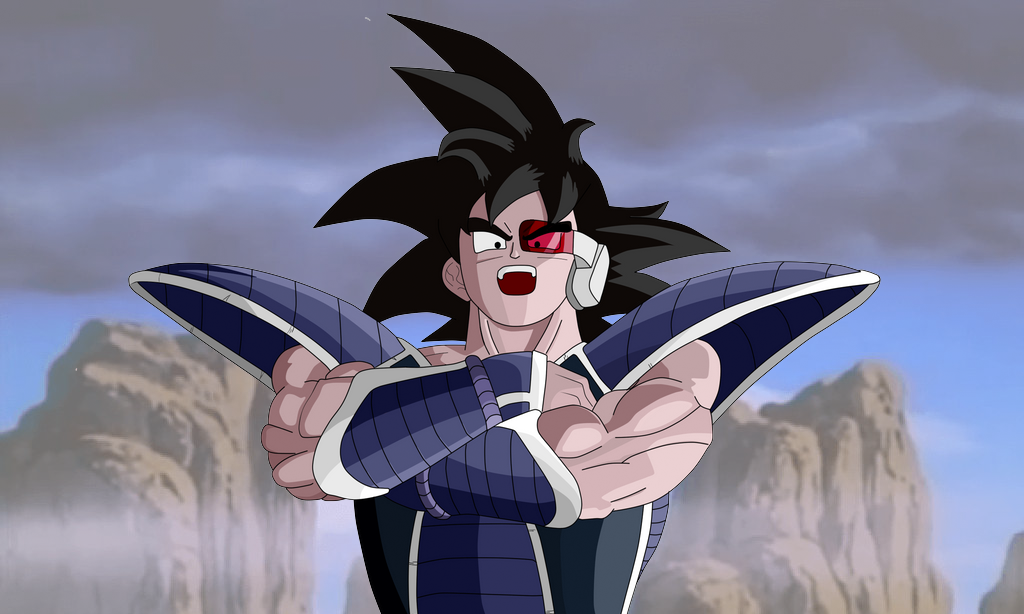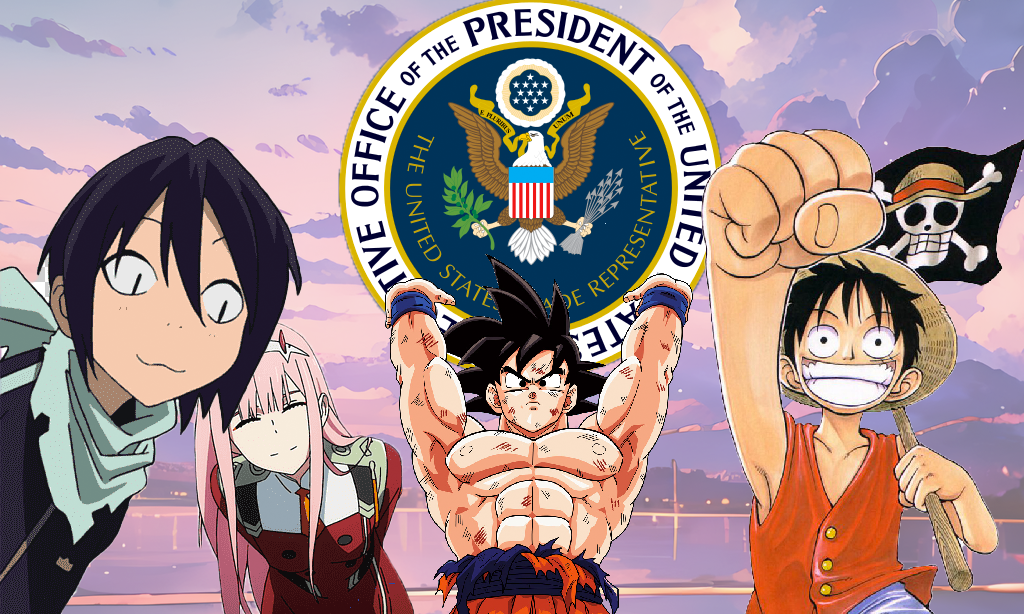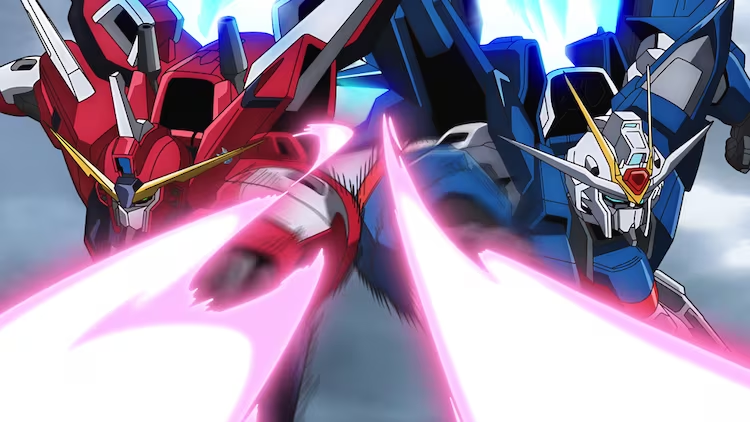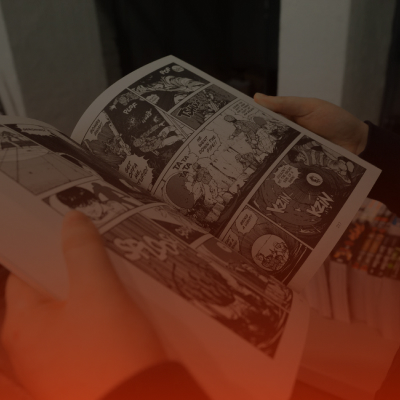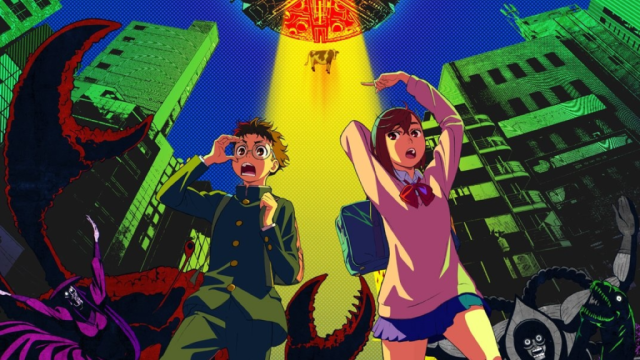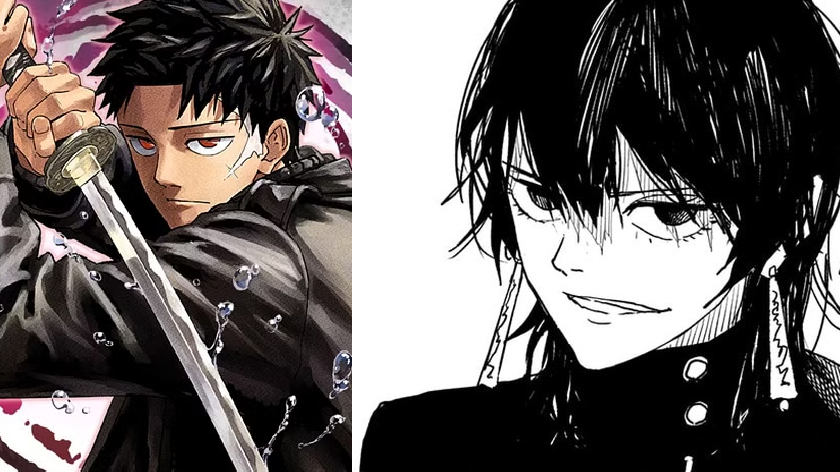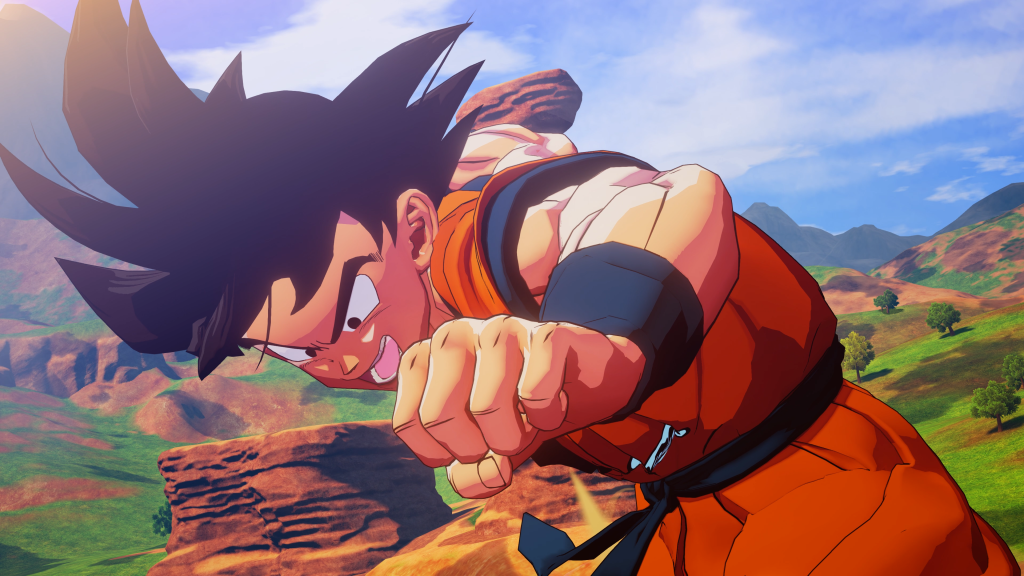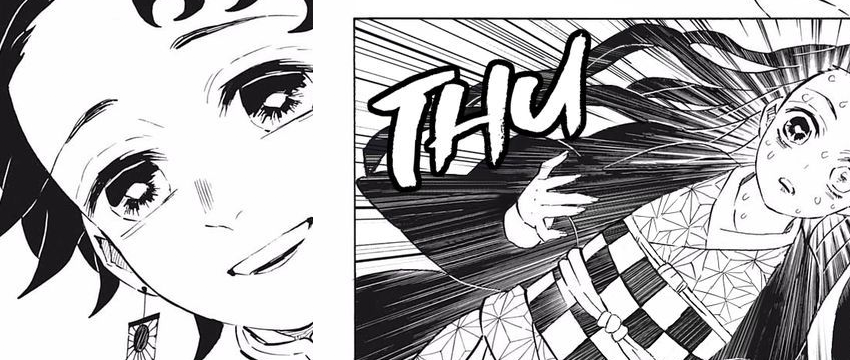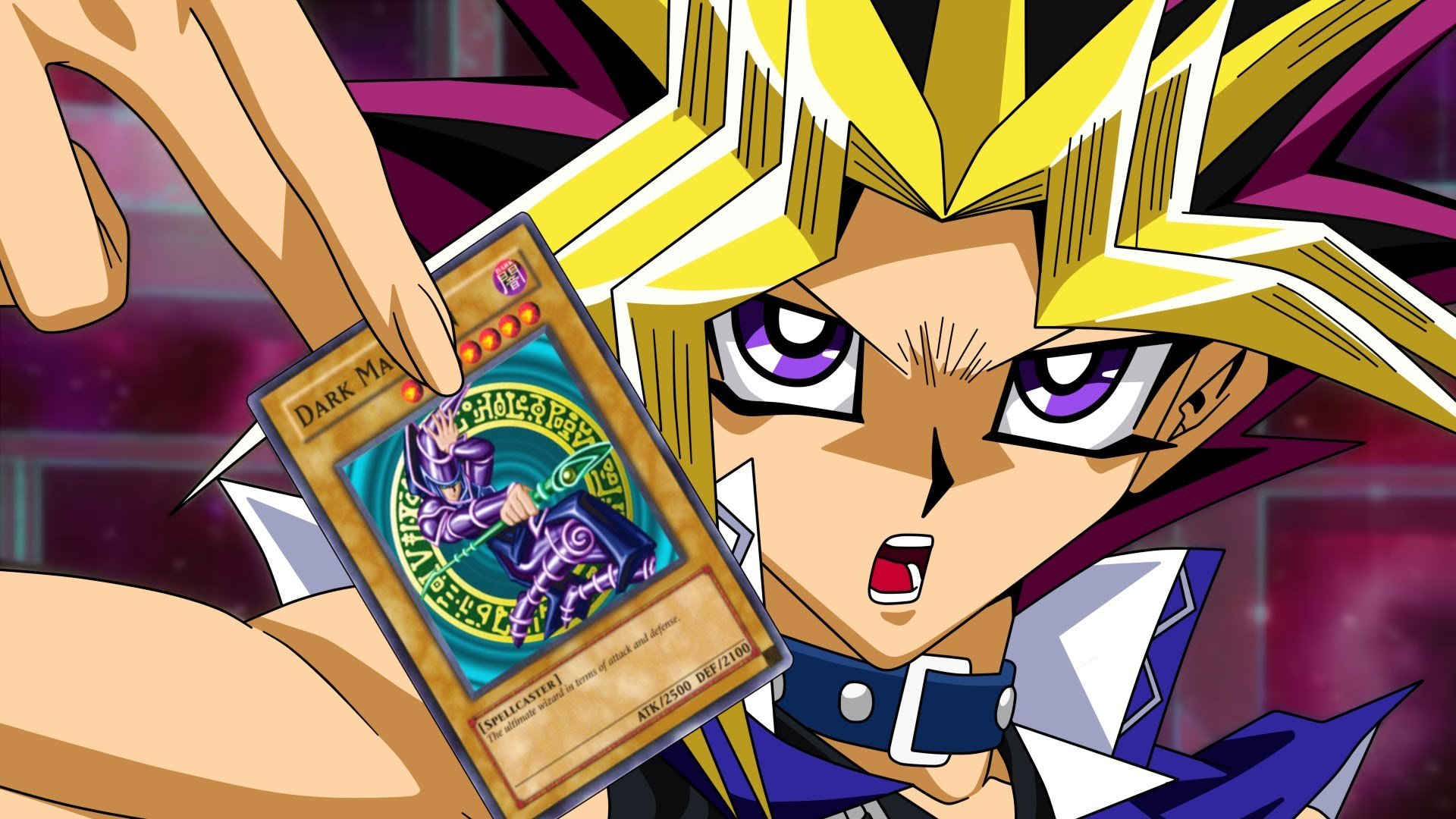MANGA· 5 MIN READ
My Hero Academia Manga: Unveiling Heroes Among Us
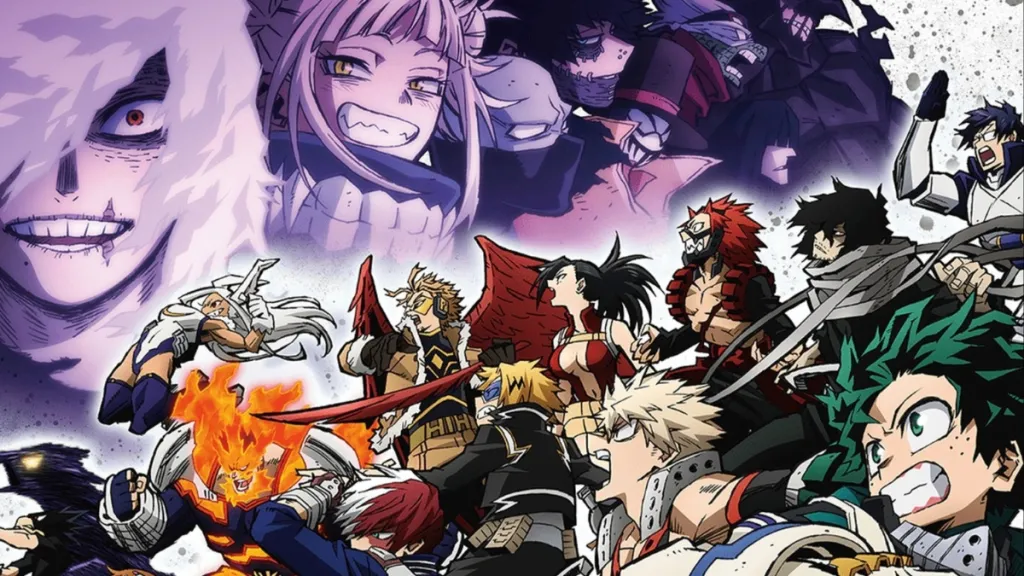
Explore the captivating world of “My Hero Academia Manga,” where every individual has the potential to be a hero. Discover its themes, characters, and impact on pop culture.
Introduction to My Hero Academia
“My Hero Academia” has emerged as a cornerstone of modern manga, captivating readers worldwide with its unique blend of superhero elements and heartfelt storytelling. Created by Kohei Horikoshi, the series takes us into a world where possessing superpowers, or “Quirks,” is the norm, focusing on the journey of Izuku Midoriya, a quirkless boy dreaming of becoming a hero. Its serialization in Shueisha’s Weekly Shonen Jump since July 2014 marks the beginning of an era that redefines heroism.
Setting and World-Building
The manga intricately constructs a society revolving around the concept of Quirks, setting the stage for a complex narrative that explores the implications of a world where heroes and villains coexist. The establishment of hero academies, like U.A. High School, and the portrayal of societal reliance on heroes for peace and safety are central to understanding the series’ depth.
Main Characters and Their Development
Izuku Midoriya’s transformation from a powerless dreamer to a promising hero under the tutelage of All Might symbolizes the series’ core message: “Anyone can be a hero.” The development of characters such as Bakugo, Todoroki, and Ochaco provides a multi-dimensional view of what it means to be a hero, showcasing their growth, challenges, and triumphs.
Plot Overview and Major Arcs
From the high-stakes entrance exam to the dramatic confrontations with the League of Villains, “My Hero Academia” weaves a story of bravery, resilience, and the pursuit of justice. Each arc builds upon the last, culminating in epic battles that test the limits of our heroes and the values they stand for.
Themes and Messages
At its heart, “My Hero Academia” delves into themes of heroism, sacrifice, and the grey areas between good and evil. It challenges the notion of what it means to be a true hero, emphasizing the importance of selflessness, courage, and the impact of one’s actions on society.
Art Style and Character Design
Horikoshi’s art style, known for its dynamic action scenes and expressive characters, draws inspiration from American superhero comics, adding a unique flavor to the manga. The evolution of character designs throughout the series not only reflects their growth but also enriches the visual storytelling.
Impact on Pop Culture
The global phenomenon of “My Hero Academia” extends beyond the pages of the manga, influencing fashion, creating a vast array of merchandise, and inspiring a generation of fans to embrace their inner hero. Its adaptation into an anime series and movies has broadened its reach, making it a staple of contemporary pop culture.
Comparisons with Other Shonen Manga
While it shares common themes with other series in the Shonen genre, “My Hero Academia” sets itself apart through its exploration of heroism in a modern context, its complex character dynamics, and its commentary on society.
Fan Theories and Speculations
The rich lore and character backstories fuel endless theories and speculation among the fandom. From the origins of Quirks to the potential futures of U.A. students, the community thrives on dissecting every detail of Horikoshi’s creation.
Critical Reception and Awards
Acclaimed for its storytelling and artistic merit, “My Hero Academia” has received numerous awards, solidifying its status as a beloved and influential work in the manga and anime industry.
The Role of Villains in My Hero Academia
The series presents a diverse cast of villains, each with their motivations and ideologies, challenging the heroes’ morals and strategies. This contrast plays a crucial role in the narrative, highlighting the complexities of heroism and villainy.
Quirks and Hero Abilities
The concept of Quirks adds a layer of intrigue and diversity to the series, allowing for creative battles and strategies. The scientific and ethical implications of Quirks are explored, contributing to the series’ depth.
My Hero Academia in Multimedia
The franchise’s expansion into anime, movies, and video games has allowed fans to experience the world of “My Hero Academia” in new and exciting ways, further cementing its cultural significance.
Community and Fandom
The vibrant community that has formed around “My Hero Academia” is a testament to its impact. Fan creations, discussions, and events foster a sense of belonging and shared passion for the series.
Future of My Hero Academia
As the manga continues, speculation about its conclusion and potential spin-offs keeps the fandom eagerly anticipating each new development. The legacy of “My Hero Academia” is still being written, promising more adventures and lessons in heroism.
Merchandising and Collaboration
The series’ popularity has led to a wide range of merchandise and collaborations, allowing fans to express their love for the series in various aspects of their lives.
Educational Implications
“My Hero Academia” has found its way into academic discussions, offering lessons on ethics, society, and the nature of heroism, proving its value beyond entertainment.
FAQs about My Hero Academia Manga
What makes “My Hero Academia” stand out in the manga industry?
How does “My Hero Academia” explore the concept of heroism?
Can you explain the significance of Quirks in the series?
Who are the main villains of “My Hero Academia,” and what drives them?
How has the art style of “My Hero Academia” evolved since its inception?
What impact has “My Hero Academia” had on its fans and pop culture?
Conclusion
“My Hero Academia” is more than just a manga; it’s a cultural phenomenon that inspires, entertains, and provokes thought. Through its compelling characters, intricate plot, and meaningful themes, it invites readers to ponder the essence of heroism in today’s world. As it continues to unfold, one thing is clear: “My Hero Academia” has secured its place in the hearts of fans and the annals of manga history.

